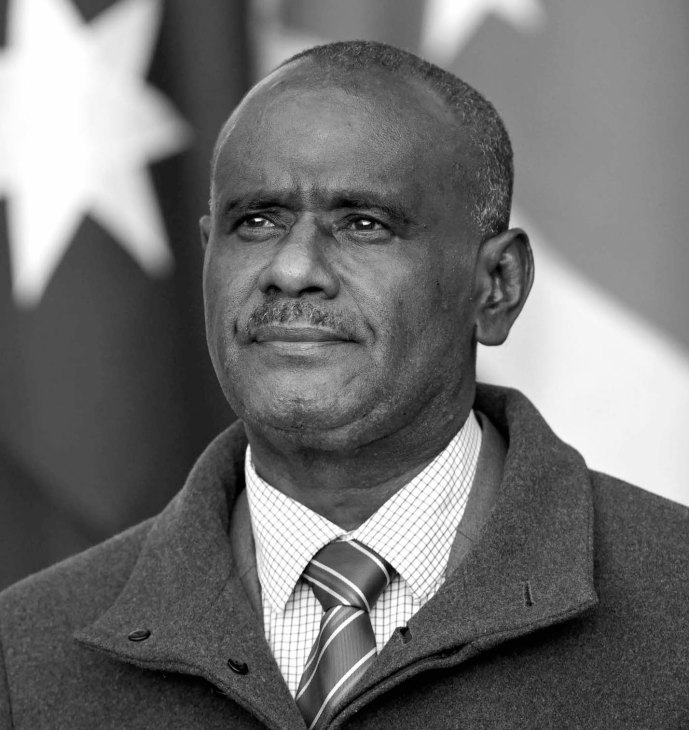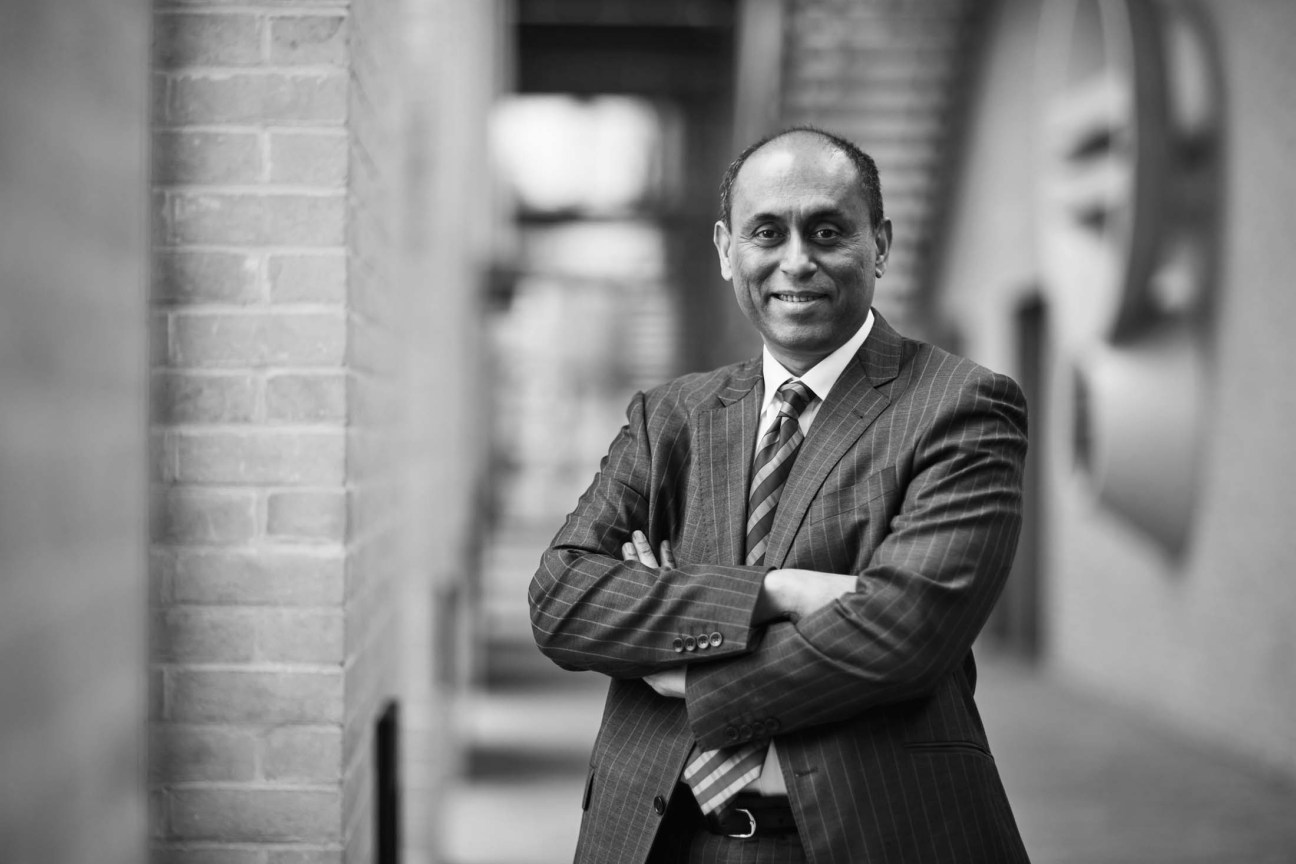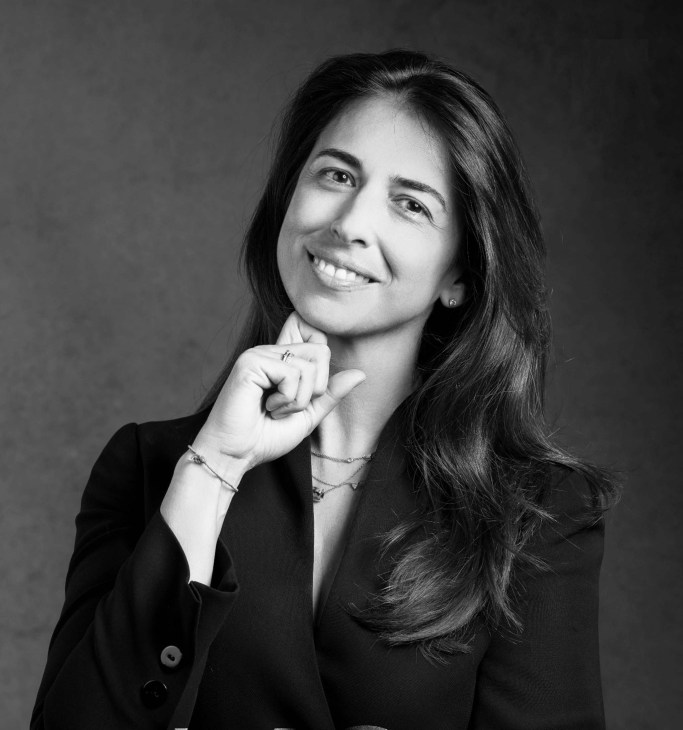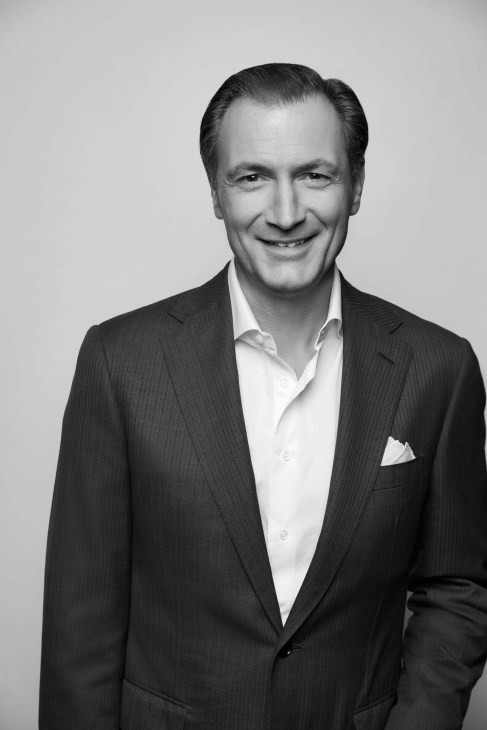Five key takeaways from the World Governments Summit
Dubai’s World Governments Summit brings together policymakers and experts to discuss issues from technology to economics. Here are some of the leaders setting this year’s agenda.
In February, Monocle travelled to Dubai for the World Governments Summit, a gathering of global leaders, innovators and technology players. It’s an impressive summit with numerous talks and events, and we were at the heart of the action with a pop-up Monocle Radio booth (as well as our café). Over three days we welcomed numerous guests into the studio. What follows are just a few of the conversations that unfolded around the mic.
1.
The Politician
Jeremiah Manele
Prime minister of the Solomon Islands
“Leadership is both an opportunity and a responsibility. Because at the end of the day, our task, our vision, is to improve the livelihoods of our people. How we stand in terms of disaster preparedness is closely linked to the development challenges we are facing as a small island country in the Pacific.

The experience is the same for other islands. We are very small economies, highly vulnerable to environmental shocks but also to global economic shocks. When we talk about responsiveness and preparedness, of course, we do take initiatives at the national level but also at the provincial and community level. We work closely with NGOs and other international partners and countries but disasters happen despite your good efforts. The recovery part of it is always the most challenging. It’s a daunting responsibility. Investing in economic as well as social infrastructure – human capital, education, health – is critical, because once you improve those indicators, that increases the resilience of your community and the population.
Forums like [the WGS] provide that platform where we can forge ahead and remind ourselves that climate change and sea-level rises require global partnerships going forward.”
2.
The Artist
Emily Yang
Co-founder and artist, Shibuya.film
“I was on a panel discussing how artists can drive economic growth. I was primarily nominated because of the independent film crowdfunding platform that I’m building.
I was tired of traditional gatekeepers and launched an anime project that raised more than $1m [€925,000] in 20 minutes. It opened my eyes to this new paradigm of how we can contribute to the economy by creating art.

Anime has transformed culture and has a huge effect not only on tourism to Japan but also on the fashion, technology and gaming industries. When the South Korean government invested in infrastructure around K-pop, it helped to create a billion-dollar industry. When there’s a structure built around storytelling, it can be transformative. The storytelling matters the most.
It’s exciting that technologies such as AI are helping artists to enjoy greater autonomy because they don’t need major backing to create something meaningful, though there are tensions around this. It’s ironic that many artists are against AI. They are afraid of change and don’t want their jobs to be taken away. But until we reach the singularity, technology will be behind human ingenuity. It’s a tool. The creativity still lies in how you use it and how much culture, art and information you have ingested over the years. Our brains are the original large language models.”
3.
The Academic
Soumitra Dutta
Dean of the Saïd Business School, University of Oxford
“I’ve been coming to WGS for almost 10 years now. The first few editions were very small, pretty local, but it has mushroomed to a whole global meeting. Attracting leaders around the world is great. It just shows how the Middle East is booming and assuming more of a leadership position in some key areas.

Dubai, in particular, has become a magnet for global talent from around the world. But more than that, I’ve seen an increased confidence and awareness that the region can lead and is leading in key parts of the economy. People come here because you can learn from the region itself. If you look at technology in general, over the decades it has increased inequality. And that’s the surprising thing that many don’t realise.
A lot of people think of mobile phones and such as having equalised society. But look at the differences they’ve increased in the world, mainly because technology has a multiplying effect. People who are richer typically have societies that are richer. These typically have better technology, they have higher skills, they have more resources and they’re able to combine that technology to create higher value. Societies that are poor or people who are poorer essentially have less good technology. They have lesser resources, they have smaller networks and lower levels of education. They do create value with technology but they create less value. And over time, that gap increases.
The same thing is happening with AI. You’re finding some companies – and some countries – are going to create enormous value with AI, while others will get less value. I’m not saying that they’ll get zero value but proportionately less. So is the gap going to increase between those that have the capacity to leverage it better and those that don’t? The answer is yes. It’s going to create a more unequal world. And that’s the challenge. I don’t think technology is ever really democratised. That’s a myth. Technology doesn’t make the world more equal. It has actually made the world more unequal.”
4.
The Campaigner
Tatiana Antonelli Abella
Founder and managing director, Goumbook
“For many years, the UAE was calling for people to come here and bring their expertise and their knowledge. But I feel now that there’s this shift, particularly on ocean conservation, and this is why we’ve decided to launch the MENA Oceans initiative. We want to mobilise academia, research, private sector and public sector to really focus on the region. Why is the Middle East and North Africa region so important?

We have a very specific climate, so we have species and a biodiversity that thrives in extreme environments with very high temperatures in the summer. This could be a solution for other parts of the world, where because of global warming and climate change, you see a loss of biodiversity. So I really believe that the region has a lot to give. Our success has been to change the narrative.
When we started Goumbook, we were talking about going green. Sustainability was seen as a movement coming from Europe and the US. What I realised when I moved to the UAE was that there wasn’t a focus in the region. We couldn’t talk about forests here, or polar bears and melting ice. We had to change the narrative and start looking at the desert, arid environments, the lack of water. So that’s where we started campaigns focusing on the Arab world. And that’s when things started to change.”
5.
The Businessperson
Rainer Stampfer
President, global operations, Four Seasons Hotels and Resorts
“I get excited about all markets. We’re here at the moment in Dubai, we’re close to Saudi Arabia, where we’re also very active. I’ll be going there next week.
Who can’t get excited about what’s happening in that country, in the region altogether? But we equally see great expansion and strong markets in Europe, in the Americas and in Southeast Asia, a region that has done really well.

That’s where AI helps. We work with AI today in enriching guest insights. Ultimately, it’s about how you gather this information and make it available to team members so that they’re better enabled to care for our guests and really take personalisation to the next level.”
Keep up to date with the latest in international affairs by tuning in to Monocle Radio’s daily news shows ‘The Globalist’, ‘The Briefing’ and ‘The Monocle Daily’ at monocle.com/radio


